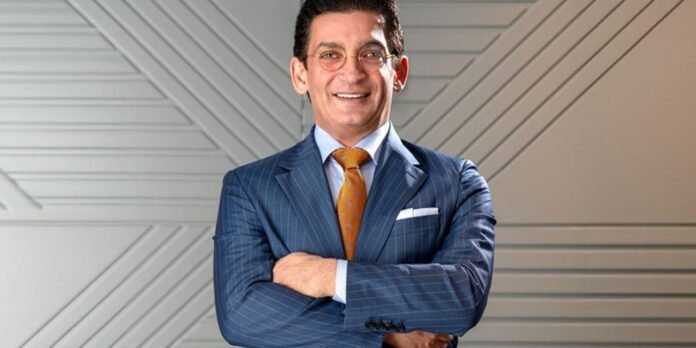Turkish prosecutors have filed an indictment against the owner of Flash TV, a privately owned broadcaster long seen as critical of the government, in a case that rights advocates say highlights Ankara’s use of criminal probes to pressure media figures, the Kısa Dalga news website reported.
The indictment against Erkan Kork, finalized on Thursday by Istanbul prosecutors, accuses him of running a criminal organization, violating gambling laws and laundering illicit funds. Authorities allege that Kork and associates funneled revenue from illegal betting operations through shell companies and even used the purchase of a bank to disguise the money’s origins.
Investigators claim that more than 80,000 suspicious accounts were identified on PayFix, a payment services company linked to Kork. Prosecutors say Kork used a restricted “hidden panel” inside the PayFix payment system to move money from illegal betting operations. The panel, which could be accessed only by certain employees, allegedly allowed transactions to be concealed from the company’s own internal monitoring controls, making it easier to launder funds through thousands of accounts.
A financial crimes report said suspicious transfers totaled more than 2.3 billion lira ($84 million) on a single day in March 2023.
Kork, who has been in pretrial detention since his arrest in March, has denied wrongdoing.
Journalists Timur Soykan and Murat Ağırel were detained earlier this year after reporting on Kork’s attendance at the wedding of a senior banking regulator — an event that raised questions about ties between financial officials and those accused of money laundering. Both reporters were later released, but rights groups say the arrests underscore the government’s use of judicial investigations to intimidate the press.
Press freedom groups say the case is the latest in a series of prosecutions that have pressured independent media in Turkey. In April authorities seized Habertürk, Show TV and other outlets owned by Can Holding as part of a sweeping fraud and tax probe, transferring them to state control. Around the same time, regulators fined Meta for refusing to remove content from Facebook and Instagram, signaling the government’s tightening grip on digital platforms.
Turkey’s broadcast regulator, the Radio and Television Supreme Council (RTÜK), has also repeatedly sanctioned critical outlets. Over an 18-month span, four channels faced dozens of fines for content deemed in violation of regulations. Rights groups say the measures have fostered self-censorship and weakened media pluralism.
Since a failed coup in 2016, more than 130 news outlets have been closed and dozens of journalists detained, often on charges of terrorism or financial crimes. Human rights monitors say the crackdown has intensified ahead of key political milestones, leaving few spaces for dissenting voices.















